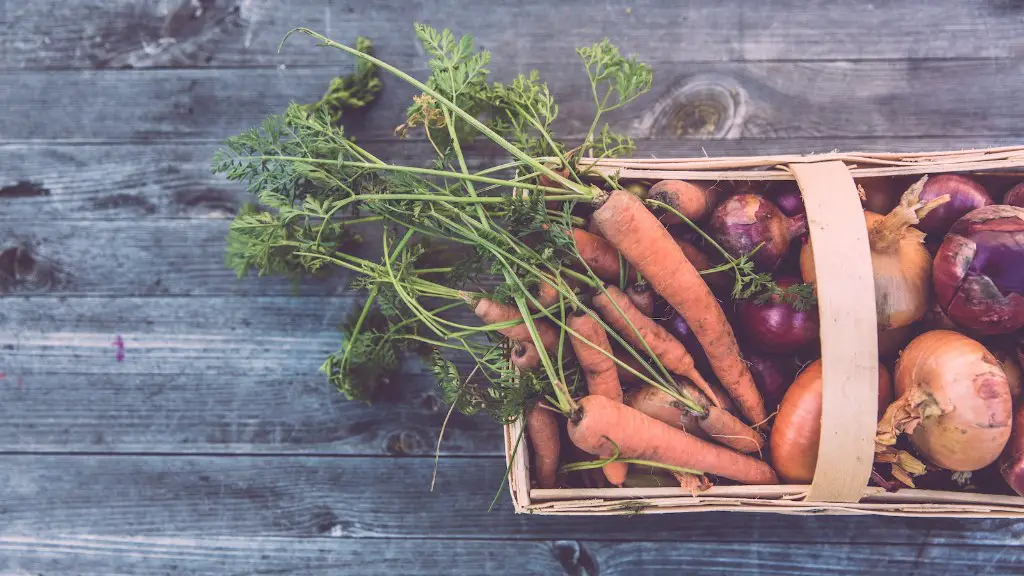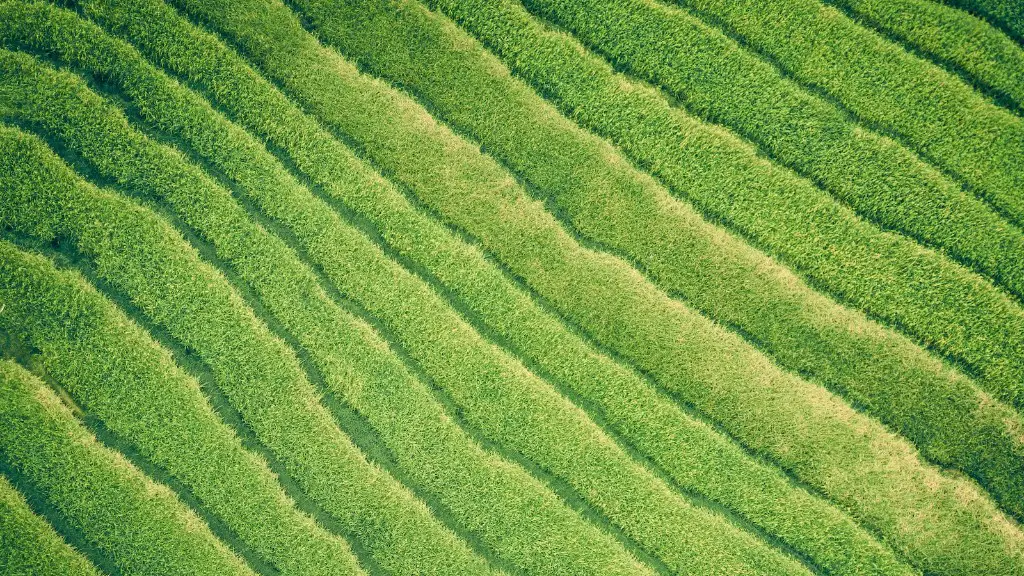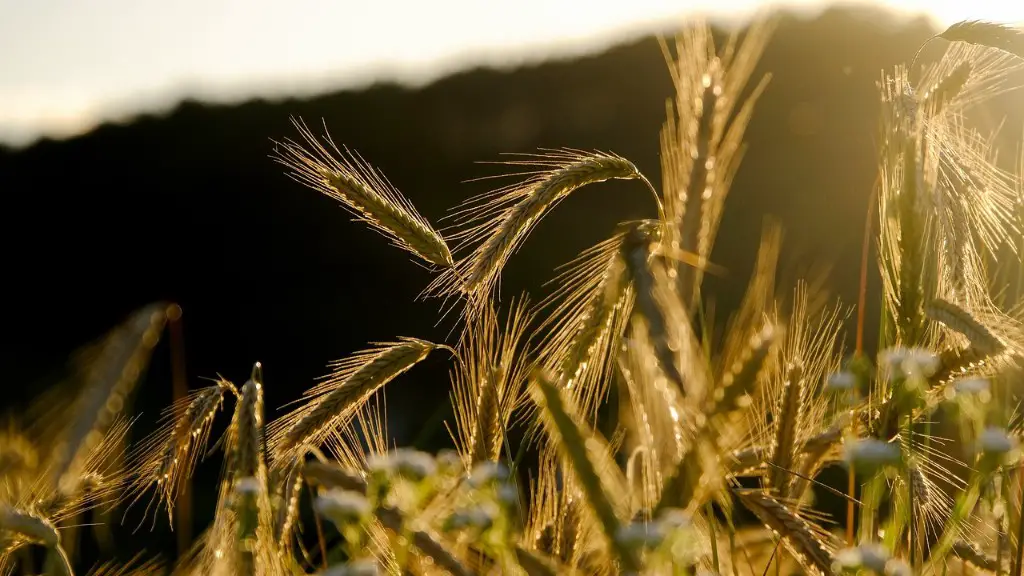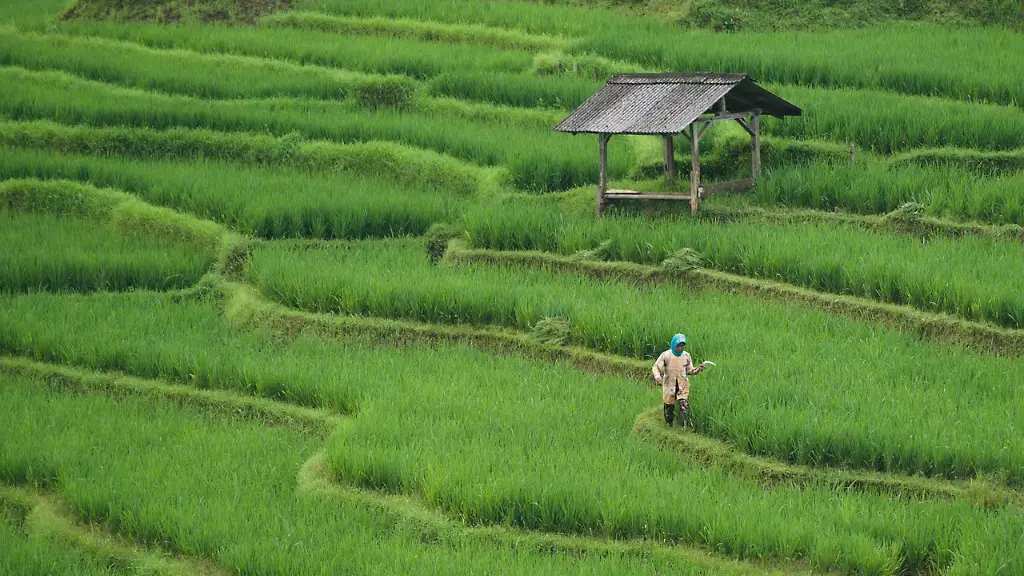Protozoa are small, single-celled organisms that are found in nearly all environments on Earth. Many protozoa are free-living, but some are parasitic. Protozoa are important in agriculture for several reasons.
First, protozoa are a major source of food for many animals, including fish, amphibians, reptiles, birds, and mammals. Protozoa are also an important link in the food chain, serving as prey for other organisms such as bacteria and small invertebrates.
Second, protozoa play a role in the decomposition of organic matter and the recycling of nutrients in ecosystems. Many protozoa are detritivores, feeding on dead and decaying plants and animals. As they consume and break down this organic matter, protozoa release important nutrients back into the soil, making them available for other plants and animals.
Third, protozoa can help to control pests in agricultural systems. Some protozoa feed on harmful insects and other small animals that damage crops. By reducing the population of these pests, protozoa can help to reduce the amount of crop damage and loss.
In conclusion, protozoa are important in agriculture for many reasons. They provide food for animals
Protozoa are a type of single-celled organism that are found in nearly all environments on Earth. Amoebas and paramecia are two common types of protozoa. While they may seem insignificant, protozoa play an important role in agriculture.
Protozoa are important in the decomposition of organic matter. As they feed on dead plant and animal matter, they help to break it down and release important nutrients back into the soil. This is essential for healthy plant growth. Additionally, protozoa help to control pests by preying on them. This can help to reduce the amount of chemicals needed for pest control.
In short, protozoa are important for healthy soil and plant growth, and for controlling pests. They are a vital part of agriculture and play a key role in the ecosystem.
What is the importance of protozoa in agriculture?
Protozoans are an important part of the ecosystem and play a vital role in the fertility of soils. By grazing on soil bacteria, they regulate bacterial populations and keep them in a state of physiological youth, which enhances the rates at which bacteria decompose dead organic matter. This is important for the health of the soil and the overall health of the ecosystem.
Amoebae are eukaryotic microorganisms that are ubiquitous in nature and play important roles in many ecosystems. They are often found in freshwater and soil environments, and can also be found in some marine environments. Many amoebae are free-living, but some are parasitic or pathogenic.
Amoebae are essential components of aquatic and terrestrial ecosystems and play a vital role in the dynamics of microbial communities, nutrient cycling, and energy flow. They are also a potential threat to human health, as some of them are pathogenic or even lethal to humans.
How do amoebas help the environment
Amoebas are a type of protist that are known for their ability to change their shape. They are found in a variety of environments, including freshwater, marine, and soil habitats. Amoebas are important for regulating the population of harmful bacteria in the soil. They are also important for recycling nutrients in the soil.
Protozoa are small, single-celled organisms that are an important part of the food web. They graze on bacteria, which helps regulate bacterial populations. They also help with wastewater treatment and fertility in soil.
What role does the protozoa play in this food chain?
Protozoa are single-celled organisms that generally feed by engulfing and digesting other organisms. As consumers, they have various roles in food chains and webs. They prey upon other single-celled organisms, such as bacteria. Other protozoa are herbivores.
Microorganisms play an important role in food plant cropping systems, providing vital ecosystem services such as biological pest and disease control, promotion of plant growth and crop quality, and biodegradation of organic matter and pollutants.
What is the economic importance of amoeba in biology?
Amoeba play an important role in keeping bacteria populations in active growth phases, which in turn helps to decompose detritus in soil and aquatic systems. Without Amoeba, bacteria populations would not be as active and would not break down detritus as efficiently.
Amoeba is a single-celled organism that lives in water. It is able to change its shape and move by means of appendages called pseudopodia. Amoebas are able to reproduce by binary fission, a process in which the organism splits into two parts, each of which becomes a new individual.
The process of breathing in amoeba takes place through the cell membrane. Amoebas are able to take in oxygen and release carbon dioxide through this process.
The diet of amoebas includes bacteria, metazoa, protozoa, plant cells, etc. Amoebas are able to digest their food by means of vacuoles.
Contractile vacuoles are present in amoebas and perform the task of removal/excretion of water and waste materials from the body.
What is the economic importance of Amoebiasis
Amoebiasis, also known as amoebic dysentery, is a gastrointestinal infection caused by amoebae such as Entamoeba histolytica and Entamoeba dispar. It is one of the leading causes of hospitalization in developing countries, and results in millions of productive hours lost each year due to illness. This results in a significant economic impact, as reduced productivity leads to reduced output. Amoebiasis can be prevented through good hygiene and sanitation practices, as well as prompt treatment of any infection.
Generally speaking, the only helpful amoebae are cells that belong to humans. While some protozoal amoebae are thought to colonize humans and not cause disease, they are generally not considered to have helpful roles.
How does amoeba conserve food?
An Amoeba obtains its food by holozoic mode of nutrition and the process is called phagocytosis. The complete process of phagocytosis includes ingestion, digestion, absorption, assimilation, and egestion.
Ingestion is the process of taking in food. Amoebas engulf their food through a process of endocytosis, where the cell membrane invaginates and surrounds the food particle.
Digestion is the process of breaking down food. Amoebas secrete digestive enzymes from their pseudopodia to break down the food into smaller molecules that can be absorbed.
Absorption is the process of taking in nutrients from the digested food. Amoebas absorb the small molecules from the digested food through their cell membranes.
Assimilation is the process of using the absorbed nutrients for the cell’s metabolism. Amoebas use the nutrients to produce energy and build new cell parts.
Egestion is the process of getting rid of indigestible food. Amoebas expel the indigestible food through their cell membranes.
The amoeba is a small, single-celled organism that is classified as a protozoan. The amoeba is known for its ability to change its shape, which it does with the help of cytoplasmic extensions called pseudopodia. Pseudopodia, also called false feet, are tubular extensions that are rounded at the end and help in movement of the organism. The amoeba is able to move by extend-ing a pseudopodium in the direction it wants to go and then flowing the rest of its body into the extension. The amoeba uses its pseudopodia to also capture prey, which it then encircles with its body anddigests.
How is protozoa used in industry
Protozoa are single-celled eukaryotic organisms that are an important part of many ecosystems, including man-made ones. In wastewater purification processes, protozoa are responsible for improving the quality of the effluent by predating on dispersed bacterial populations. This maintains the density of the bacteria, which in turn improves the efficiency of the purification process.
Paramecium, a freshwater ciliate protozoan, is an important link in the aquatic food chain and plays an important role in the decomposition of organic matter in aquatic ecosystems. Paramecium is highly efficient in degrading pollutants in the environment and is used extensively in research and experiments. For example, paramecium is used in genetic experimentation to control algae, bacteria, and other protists present in water bodies. Paramecium is also an important bioindicator, providing information on the health of aquatic ecosystems.
What is the importance of protozoa in food industry?
Protozoa are very important in the food chain, providing food for many different animals. They are especially important for insect larvae, crustaceans, and worms, which are taken by larger animals like fishes, lobsters, clams, and crabs. These larger animals are then eaten by humans, so protozoa play a role in providing food for humans both directly and indirectly.
Decomposers are an important part of the ecosystem because they help recycle nutrients back into the soil. Without them, nutrients would build up and eventually be depleted, leading to a decline in plant growth. Most decomposers are microscopic organisms, including protozoa and bacteria. Some, like earthworms and fungi, are visible to the naked eye.
Why are protozoa known as an important link for aquatic food chains
Algae are an important food source for many aquatic animals, and by eating and digesting algae, these animals help to reduce overcrowding in aquatic environments. As a result, these animals are often referred to as links in aquatic food chains.
Microorganisms can have a positive effect on plant growth by providing nutrients, improving the soil, and helping to control pests and diseases. They can also produce growth hormones that can promote plant growth.
Warp Up
Protozoa play an important role in agriculture by breaking down organic matter, which makes it easier for plants to absorb nutrients. They also help control populations of other organisms, such as insects, that can damage crops.
Protozoa are an important part of agriculture for a number of reasons. They help to break down organic matter in the soil, making it more fertile. They also provide a food source for other organisms, including some types of plants. In addition, protozoa can help to control populations of harmful insects and other pests.





